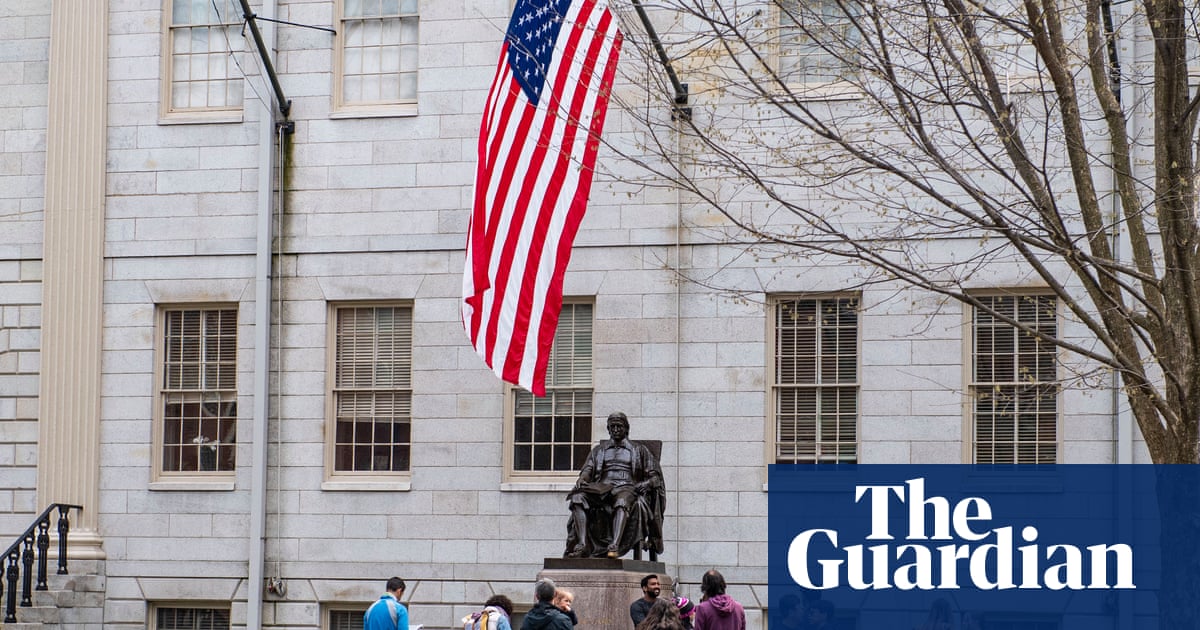The article highlights significant challenges faced by international students and academics in the US, particularly following policy changes under the Trump administration. The swift actions taken against students at Harvard University and the broader implications on campuses nationwide create an atmosphere of uncertainty and concern.
Impact of Policy Changes on International Students
The revocation of Harvard's eligibility to enroll international students reflects a troubling trend in US immigration policy, especially targeting students. The article notes a series of visa revocations, which can be seen as punitive measures against students for minor infractions or political activities. Such actions can deter prospective international students from pursuing their education in the US, fostering a sense of fear and instability within the academic community.
Concerns Among Academics
Academics are also feeling the squeeze due to funding cuts and hiring freezes, leading many to contemplate leaving the US for better opportunities abroad. This situation suggests a potential brain drain, where skilled professionals seek more supportive environments for their work and research. The article invites responses from those affected, aiming to showcase the widespread impact of these policies.
Underlying Intentions
The intention behind the article seems to be raising awareness about the challenges faced by international students and academics in the US. By soliciting personal experiences, it seeks to humanize the statistical fallout of policy changes and illustrate the real-life consequences of government actions. This could be an attempt to galvanize public support for more inclusive policies or to highlight the importance of international collaboration in education.
Perception and Public Sentiment
The article contributes to a growing narrative that the US is becoming less welcoming to international students and scholars. This perception could lead to a decline in international applications to US universities, impacting the economy and the cultural diversity of campuses. It also taps into broader sentiments of discontent regarding immigration policies, potentially drawing support from communities advocating for more open and inclusive immigration practices.
Potential Economic and Political Effects
The uncertainty created by these policies may have far-reaching effects on the economy, particularly in sectors reliant on international talent. If a significant number of students and academics choose to leave or avoid the US, this could weaken the country's position in global innovation and research. Politically, the article may resonate with those who view the current administration's policies as detrimental to the US's international standing.
Target Audience
This article is likely aimed at students, academics, and advocates for educational reform, particularly those who support international collaboration. It seeks to engage those who may feel isolated or threatened by current policies and encourage a dialogue about the future of higher education in the US.
Market Implications
The article could influence global markets, particularly in industries tied to education and technology. Companies that rely on a diverse talent pool may react negatively to news that suggests a declining influx of international talent. Stocks related to education, technology, and research may face volatility as investors gauge the implications of these policy changes.
Geopolitical Context
In the current geopolitical climate, the article underscores the importance of international cooperation in education. As global tensions rise, the ability of countries to attract and retain international students will play a critical role in shaping educational and cultural exchanges.
Use of AI in Reporting
While it's unclear if AI was specifically used in crafting this article, the structured approach to gathering personal experiences suggests an analytic methodology that could involve data analysis techniques. AI models might have been employed to identify trends in international student sentiment or to analyze the impact of immigration policies on academic sectors.
In conclusion, the article underscores significant concerns about the future of international education in the US, reflecting broader trends in immigration policy that could have lasting implications for the academic landscape. The challenges faced by international students and scholars are presented as part of a larger narrative about inclusivity and the importance of maintaining an open academic environment.
